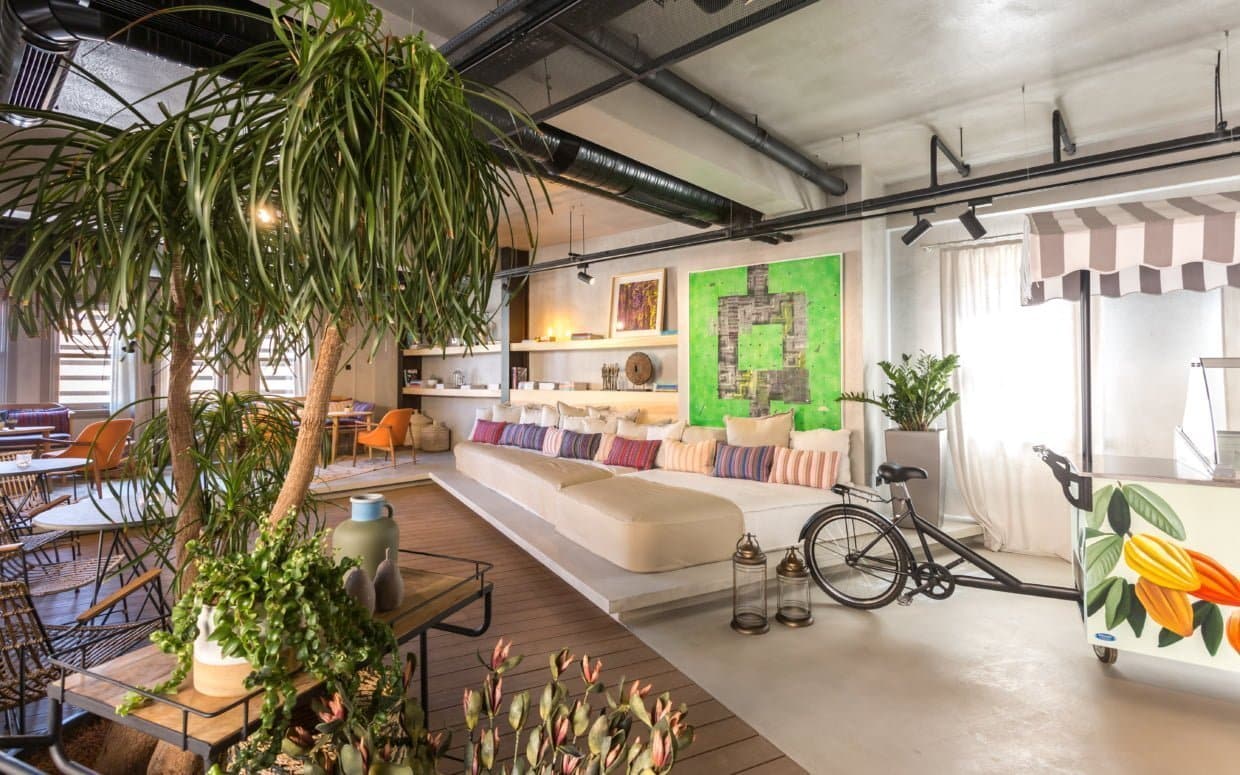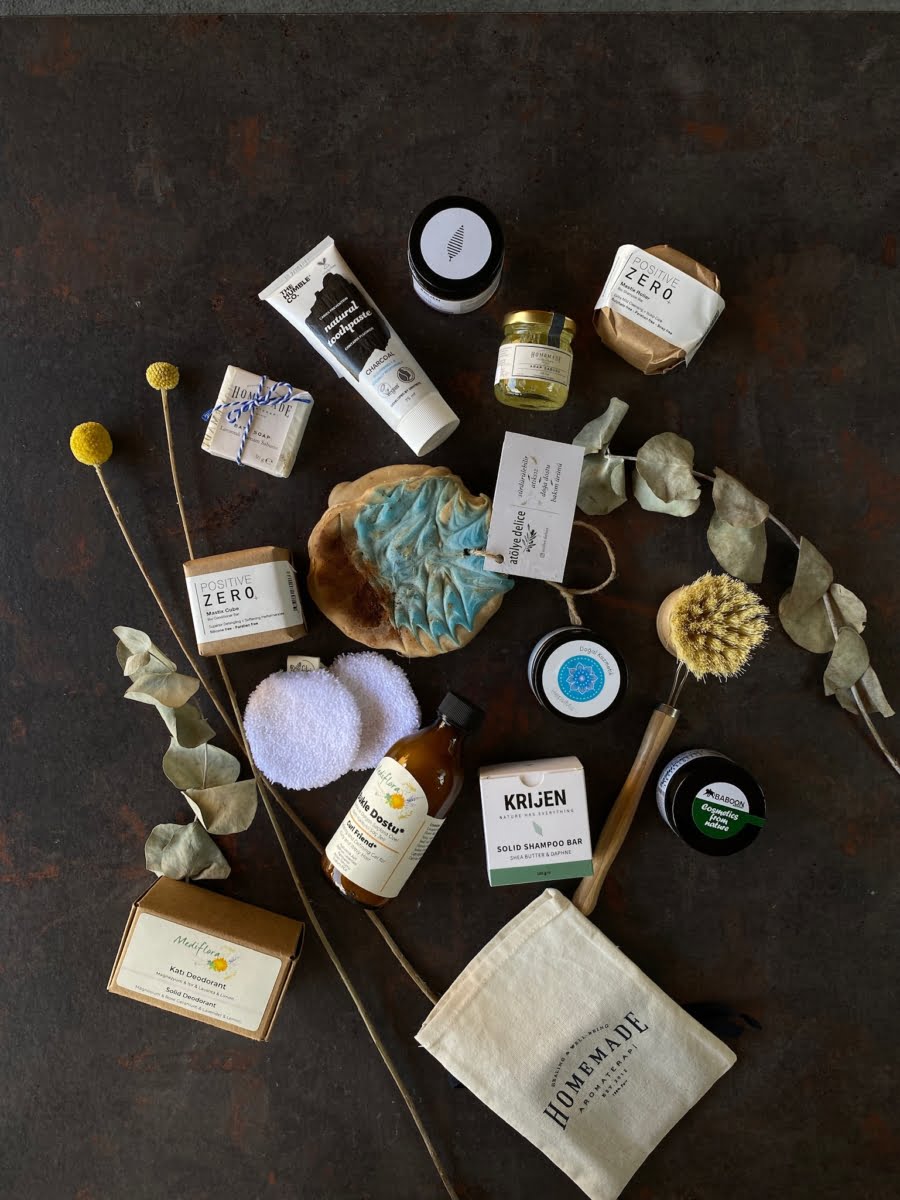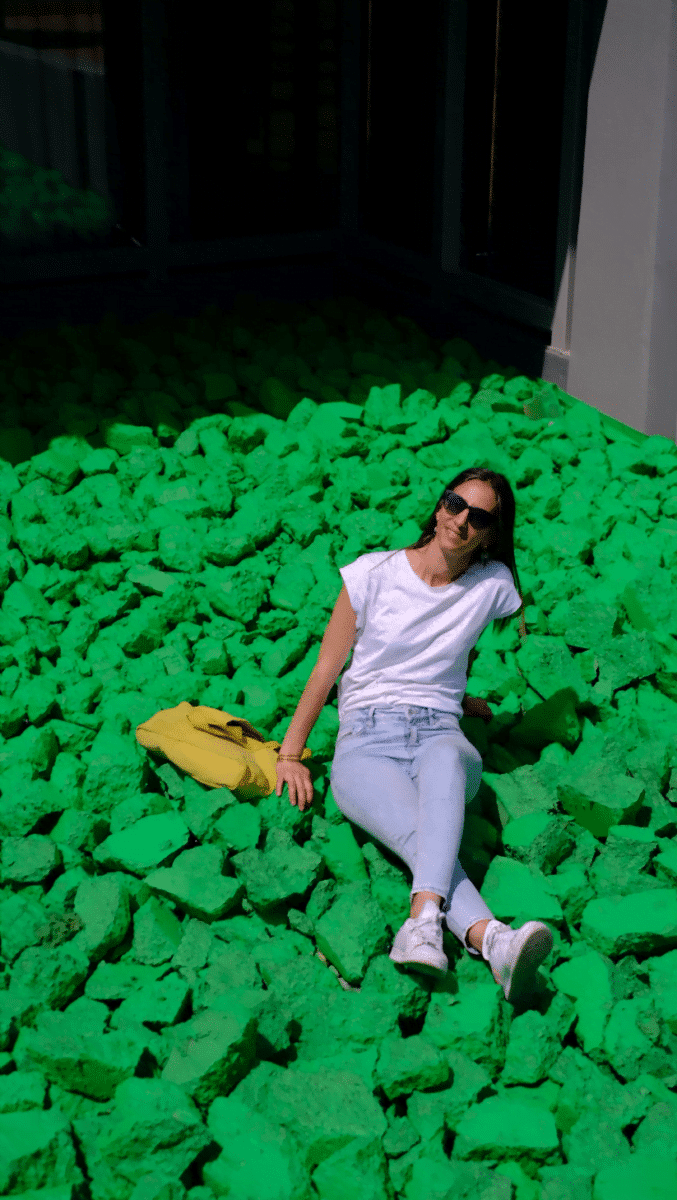
We take a look at local brands and names that focus on sustainability for #changeforbetter.
In our interview for the Saatolog 2021-22 issue, Maksut Aşkar said that he does not like the word “organic”. According to Aşkar, what we call organic were food ingredients that we didn’t need to call organic 40 years ago. We approach the concept of sustainability, which we hear almost everywhere today and which we tend to ignore because it is used so frequently, just as Aşkar approaches the organic one. The concept of sustainability, which we can fit many definitions into and which finds its place in different forms in almost every sector, is an effort to preserve the world we have today in its simplest form, without further devastation.
Individually, many of us are trying to reduce our carbon footprint, increasing our plant-based diet to both feel better for our bodies and reduce environmental damage. We check whether the cosmetic products we buy have been tested on animals, and we prefer eco-friendly brands for our clothing purchases. The evolution of our individual habits in this direction also affects the attitudes of private capital; Companies are no longer indifferent to the climate crisis, they integrate sustainability into their company policies. So, who is doing what for sustainability in Turkey today?
Interpreting the traditional Anatolian cuisine with modern techniques, Neolokal is one of the first local restaurants to use ingredients that it knows the source of on its plates. The kitchen, which cooks the food with ingredients it knows to be good, clean and fair, does not neglect to support the farmers who produce it. The transmission of tradition is also a kind of sustainability concern; This kitchen under the management of Aşkar also keeps the traditional tastes of Anatolian lands on their plates, which are about to disappear. TURK, under the management of Fatih Tutak, is another restaurant that aims to keep the tradition alive and also has sustainable concerns. Inspired by memories and traditions on its plates, the restaurant also works with local producers to establish a sustainable cycle.

Sustainable Agriculture: Urban Garden
Crops from clean and organic soils are the first stone of the cycle for a sustainable kitchen. Beyhan Uzunçarşılı, the founder of Urban Garden, is one of the first names in the city to practice pure and clean agriculture. Uzunçarşılı produces fresh fruits and vegetables in its own garden at Urban Garden and grows fruits and vegetables only in season.
Kerimcan Akduman, travel editor and founder of Sayga Travel, says that sustainable travel is possible with slow journeys that care about the environment. Sayga Travel, which prefers environmentally friendly transportation routes and organizes tours in small groups, is known for its extraordinary routes and aims to understand the lands and discover cultures while traveling. Thus, it offers an experience trip as well as a sustainable one.
The Sound of Roads is one of the travel brands that takes an environmentally friendly journey throughout the journey. The Sound of Roads, founded by Tayfun Ürkmez, offers a caravan journey. It uses solar panels to generate energy in its caravans while collecting garbage on the routes it stops along the way. He prefers unpackaged food products used along the way, and paper-wrapped products for other consumer products. Ürkmez, who has been a long-distance captain for more than ten years, is also the founder of The Sound of Sails, a sailing event. The Sound of Sails also sets out with sustainable sensitivities.
Not harming the environment during construction and using renewable energy sources are the cornerstones of sustainable architecture. On the other hand, this concept stands at an important point for the longevity of the structures. Architect Nevzat Sayın says in an interview that “Good architecture has to be sustainable by nature because the life of buildings is longer than ours.” Avcı Architects is one of the architectural companies that designs with sustainability sensitivities. The company, founded by Selçuk Avcı and Sanja Jurca Avcı, creates the ethical base of different scales, from sustainability and high-scale plans to the design of a single product.
Being the first boutique in Turkey to receive the “Green Globe Certificate” by fulfilling the criteria of the Green Globe, the global certification program established to support sustainable tourism, OMM Inn is a hotel that prioritizes nature. Providing service in Eskişehir, one of the oldest cities in Turkey, home to dozens of civilizations, OMM Inn welcomes its guests in a minimal boutique building designed by the architecture company of Japanese architect Kengo Kuma.



Sustainable Fashion: Lando Studio
Fashion is one of the sectors where sustainability is talked about the most. About 100 billion pieces of clothing are produced each year, and with this volume of production, the fashion industry is responsible for about 4 to 10 percent of the greenhouse gases released into the environment. For this reason, it should not be surprising that the fashion industry has taken the most steps. One of the local brands that produces clothes with ethical concerns is Lando Studio. The brand, founded by Ezgi Utan and producing sustainable fashion clothing products, uses GOTS certified organic cotton and recycled fabrics.
Sustainable Jewelry: Runda Jewelry
One of the sectors that has recently rolled up its sleeves for a sustainable world is jewellery. It is possible to see world brands that started to use gold responsibly and improve the conditions of workers working in gold mines, as well as local jewelry brands that are completely sustainable. Runda Jewelry is one of them; even Turkey’s first sustainable jewelry brand. The brand uses 100% recycled materials in all details, from the raw material to the packaging of the jewelry. The brand, which produces ethically, also has an RJC certificate.
Sustainable Biostructure: Kadıovacık Biohouse
Kadıovacık Biohouse, designed by And Akman and Mehmet Şenol, is a sustainable architectural structure. Kadıovacık Biohouse, designed as a home and office by And Akman and Merve Titiz, was designed and built with a focus on human health and environmental sustainability. Air-conditioning technologies are used and designed with natural building blocks. At the same time, it was built in accordance with the cultural structure of Kadıovacık Village.

Sustainable Art: Cem Özkan and Deniz Sağdıç
One of the artists who creates works of art from waste materials is Cem Özkan. The young artist is known for his metal sculptures made with materials he collects from junkyards. Another name that turns waste into art is Deniz Sağdıç. While producing his works, the artist sometimes uses waste clothing fabrics and sometimes uses plastic bottle caps.
Sustainable Yacht Series: Sarp Yachts XSR
Sarp Yachts, one of the leading Turkish yacht brands, launched three new super luxury yachts powered by solar energy in the past years. These three yachts in the XSR series; in sizes 85, 105 and 125 meters. The combined electric and internal combustion engines of the XSR series reduce the cumulative emission value by approximately 50 percent. The yachts are also among the first solar panel boats produced worldwide.
Sustainable Festival: Upcycle Istanbul
On June 4-5, Turkey’s first upcycle festival, Upcycle Istanbul Art and Design Festival, was held at the Museum Gazhane, and artists and designers exhibited their works/designs made from waste. The festival hosted the designs produced from waste materials by artists such as Bilal Yılmaz, Gamze Eskinazi, Murat Fesih Avcıbaşı and Ilgın Seymen.

